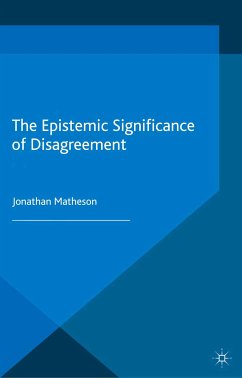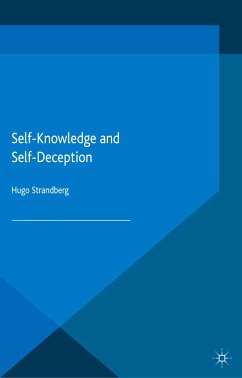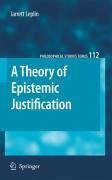
Luck: Its Nature and Significance for Human Knowledge and Agency (eBook, PDF)
Versandkostenfrei!
Sofort per Download lieferbar
40,95 €
inkl. MwSt.
Weitere Ausgaben:

PAYBACK Punkte
20 °P sammeln!
As thinkers in the market for knowledge and agents aspiring to morally responsible action, we are inevitably subject to luck. This book presents a comprehensive new theory of luck in light of a critical appraisal of the literature's leading accounts, then brings this new theory to bear on issues in the theory of knowledge and philosophy of action.
Dieser Download kann aus rechtlichen Gründen nur mit Rechnungsadresse in A, B, BG, CY, CZ, D, DK, EW, E, FIN, F, GR, HR, H, IRL, I, LT, L, LR, M, NL, PL, P, R, S, SLO, SK ausgeliefert werden.












